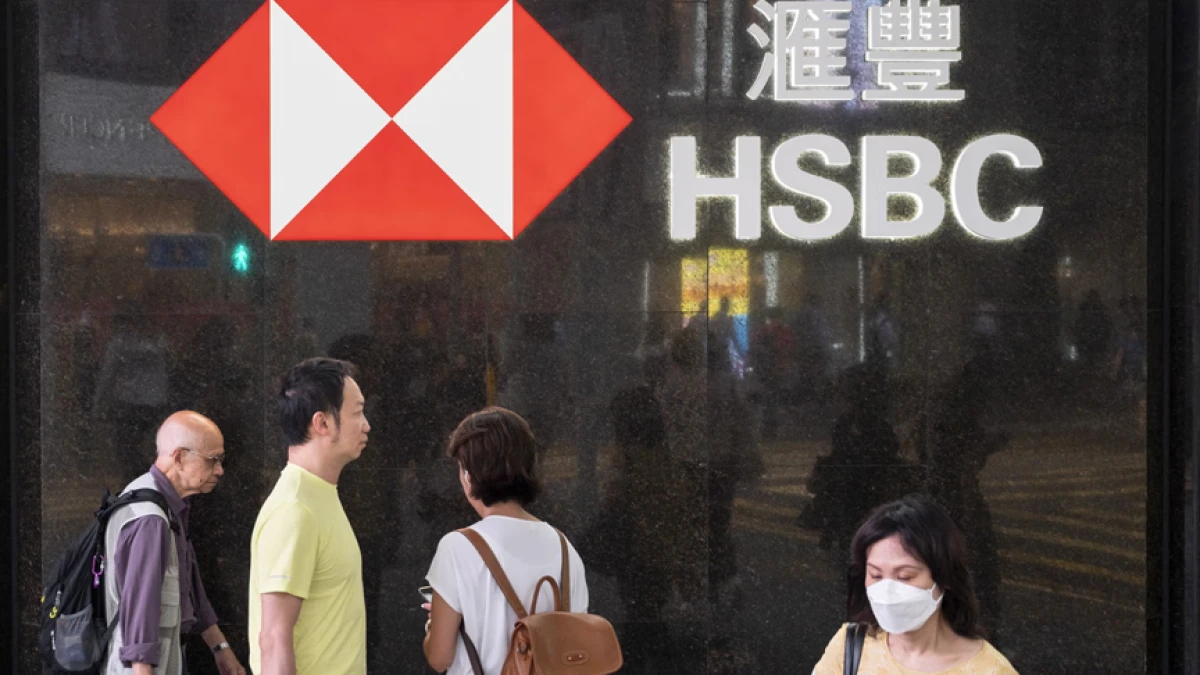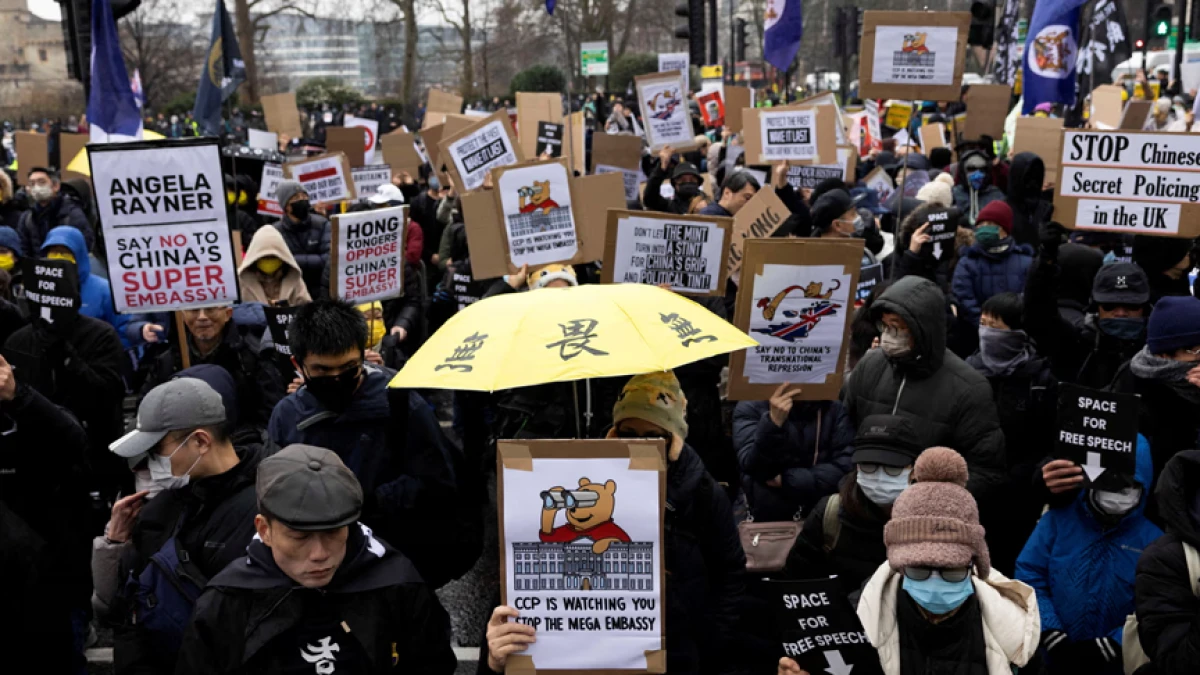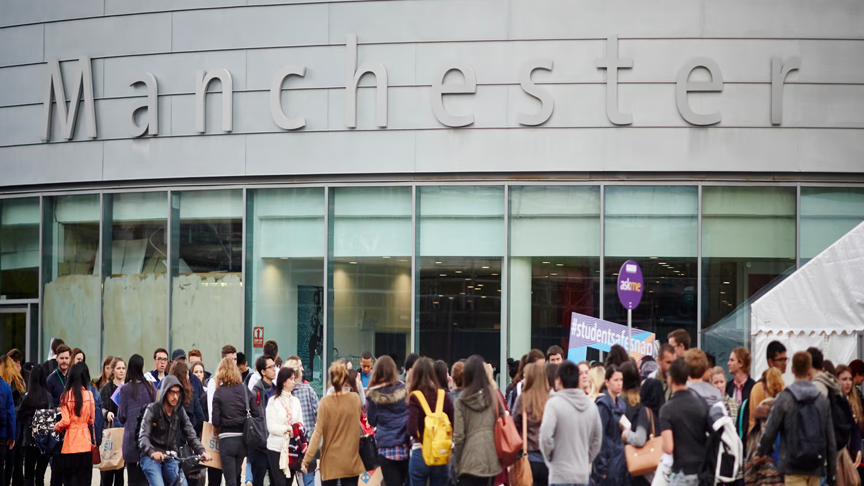Private landlords and hotels ‘cashing in’ on England’s hidden homelessness crisis
Private landlords and hotels ‘cashing in’ on England’s hidden homelessness crisis
Half of local authorities charged double by private providers for temporary housing, investigation finds
Private landlords and hotel owners are charging councils far in excess of market rent to house people who would otherwise end up on the street, an investigation has found, laying bare the depth of England’s hidden homelessness crisis.
Local authorities in England are paying 60% more for rooms in places such as bed and breakfasts and hostels than it would cost to rent similar-sized accommodation on the private market, with half of them spending double the local going rate.
More than 100,000 households are living in temporary accommodation in England, and the UK now has the worst homelessness problem in the developed world when they are taken into account.
Experts have warned the country has created a £2bn industry of underregulated providers of stopgap housing, some of which are supplying dirty, rat-infested and dangerous accommodation, according to those who live there.
“Temporary accommodation is the shame of our society – families are stuck for months, even years, in often overcrowded, appalling conditions, and shunted from place to place with little to no notice,” said Mairi MacRae, the director of campaigns and policy at Shelter.
“It is nothing short of outrageous that private providers have been cashing in on this crisis, but without enough homes for social rent, councils have little choice but to pay these eye-watering sums so families don’t end up on the streets.”
Local authorities are meant to use temporary accommodation to house people as a stopgap while they work out firstly whether they qualify for social housing, and if so, where they can live on a more permanent basis.
Some councils use their housing stock for this purpose, but most are forced to rely on rooms in bedsits, private flats, bed and breakfasts and hotels.
Over the last few years, a combination of high rents, reduced housing benefit and falling social housing stocks have left hundreds of thousands of people living in temporary accommodation, often on a semi-permanent basis.
Last year, English councils spent more than £2.1bn on temporary accommodation – nearly a third more than they did in the previous year. London boroughs spend £4m a day on emergency housing – three-quarters of their total housing expenditure.
Most of those in temporary accommodation are families, with 164,000 children in England now growing up in such housing, the highest number on record. Nearly 17,000 of those families have been in temporary accommodation for more than five years.
The quality of accommodation can be appalling; the Shared Health Foundation found temporary accommodation had contributed to the deaths of at least 74 children in the last five years, of whom 58 were aged under one.
The billions of pounds being spent by councils housing people in emergencies has in turn created a lucrative industry of property providers and agents who supply accommodation that councils often do not have the resources to inspect.
The Guardian sent freedom of information requests to every council in England asking how much they spend on temporary accommodation and which providers they use. About half sent replies.
Reporters then cross-referenced those replies with publicly available spending figures and private rental data to build a picture of how much taxpayers are paying to house people in emergencies, and who is benefiting.
The figures show that even though temporary accommodation is supposed to be used as a short-term last resort, its high costs are draining over a fifth of the core budgets of several councils.
Hastings, one of the worst hit by the problem, is spending over 50% of its core spending on emergency housing.
The council recently told MPs on the housing and local government committee this was because it refuses to use bed and breakfasts. Rooms in B&Bs are widely used by councils, accounting for 30% of all national spending on temporary accommodation, even though they are deemed unsuitable for families with young children.
Crawley council said its temporary accommodation costs posed a critical risk to council finances in future years.
The UK as a whole has far more people living in temporary accommodation than any other developed country, giving Britain the worst homelessness problem of any of its economic peers.
Figures from the Organisation for Economic Cooperation and Development show that for every 10,000 people in the UK, 40 are now homeless – the vast majority of whom are in temporary accommodation. The proportion of the population who are homeless is nearly a third higher than that in France, and double that in the US.
A recent report from MPs on the housing, communities and local government select committee called the situation “utterly shameful”.
Kate Henderson, the chief executive of the National Housing Federation, said: “We are now wasting huge sums of taxpayers’ money on expensive sticking plasters. We are spending £13bn a year more on housing costs today than we were in 2010, when the government cut funding for new affordable housing by 63%.”
The Guardian interviewed several people who are or have recently been housed in temporary accommodation, many of whom spoke about the difficulty of living in rooms not equipped for long-term family occupancy.
Aimee, who only wanted to be known by her first name, said she had been placed in a rodent-infested hotel where conditions were so unclean that her children decided to live with their grandmother instead.
“I was only supposed to be there for 50 days but I ended up there for two years – mostly without my children,” she said. “I got told that housing would be found for me within four weeks of my being there, and it still hasn’t over two years later.”
Yorumunuz başarıyla alındı, inceleme ardından en kısa sürede yayına alınacaktır.



















